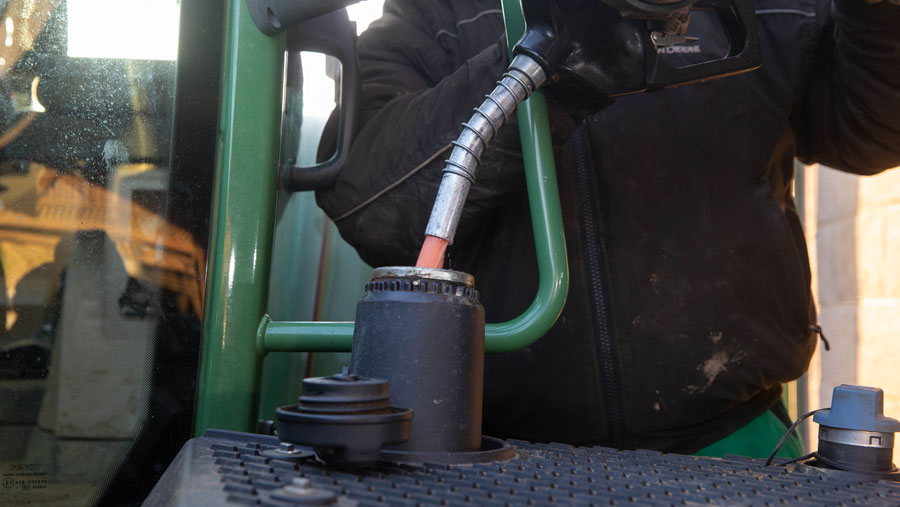Call for farm rents to be reduced as budgets squeezed
 © Tim Scrivener
© Tim Scrivener Agricultural landlords are being urged to reduce rents this autumn as farm budgets come under pressure from significant fuel, feed and fertiliser price hikes.
The Tenant Farmers Association (TFA) has put the spotlight on farm rents amid spiralling farm input costs.
Figures released this week show that in the past seven days, red diesel prices have risen to 59.91 pence per litre (ppl) from 59.2ppl, a significant increase on last year’s price of 40.9ppl.
See also: Brexit farm inputs shortages and delays persist
Forward prices of livestock feed are also strong, with imported maize distillers trading at £282/t and home-produced rapeseed meal at £262/t.
TFA national vice-chairman Robert Martin insists landlords must shoulder some of the financial burden on tenants resulting from the increases.
“In the current circumstances, it should be no surprise to agricultural landlords that there will need to be downward pressure on the level of rents,’’ he says.
Autumn is a key time for farm rent reviews; with farm budgets under pressure, rents must drop, Mr Martin adds.
“Both sides (landlords and tenants) can ill afford having to spend considerable amounts of money employing professional advisers to argue the case,’’ he says.
“It’s time for landlords and tenants to get round the table to discuss and agree sensible levels of rent.’’
Ensuring fairness
The TFA also wants to see retailers, wholesalers and the food service industry bearing their “fair share’’ of the higher input costs.
Despite a push for more generous farmgate prices, processors are reporting strong resistance from retailers and food service outlets.
To maintain margins in these sectors, processors are even seeking to reduce the prices they pay to farmers, Mr Martin reports.
He wants to see the government step in and apply legislation set out in the Agriculture Act 2020 “to ensure fairness and equity’’.
“Farmers are already facing massive changes in terms of public policy and they must not be left having to accept higher costs and lower prices,” Mr Martin argues.
Costs in the supply chain itself are also rising amid a shortage of labour and higher wage demands.
Meat processing companies have five times the number of vacant positions than before Brexit and pay rates have risen by 10% in the past year as businesses try to encourage workers to stay.
